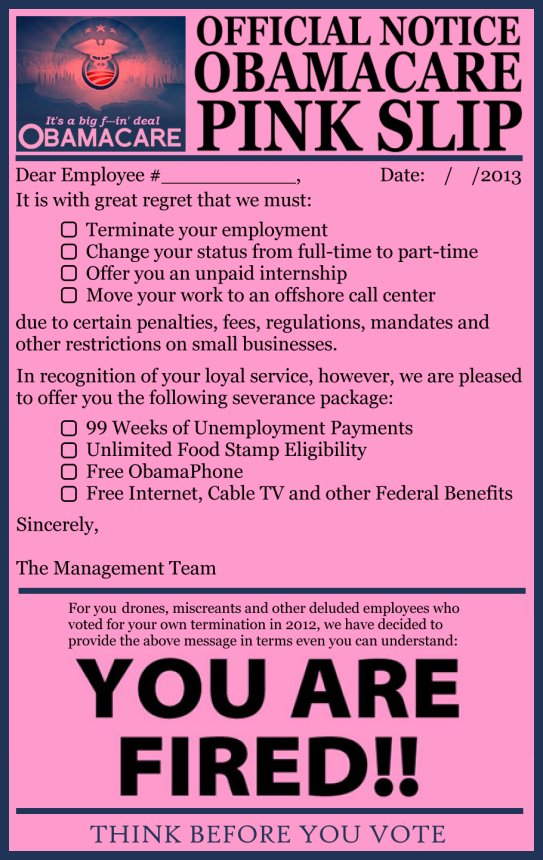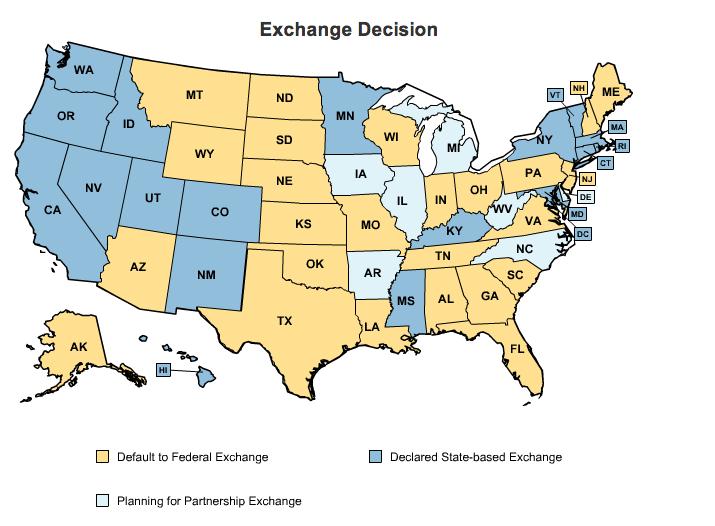 Ten years ago, my tennis partner suffered a stroke. He was a sixty-year-old at the time, working to move up into the top ten players in his age group. In the country! You could not have found a healthier sixty-year-old. He played tennis three-plus hours a day, scampering across the court like a hyperactive adolescent. In other words, he was not the kind of cigarette smoking, hypertensive elderly man you would expect to experience a stroke from clogged and battered arteries.
Ten years ago, my tennis partner suffered a stroke. He was a sixty-year-old at the time, working to move up into the top ten players in his age group. In the country! You could not have found a healthier sixty-year-old. He played tennis three-plus hours a day, scampering across the court like a hyperactive adolescent. In other words, he was not the kind of cigarette smoking, hypertensive elderly man you would expect to experience a stroke from clogged and battered arteries.
I wasn’t shocked to learn, then, that he had a PFO—a patent foramen ovale. The foramen ovale is a passageway connecting the right and left atrium in the heart, a crucial opening for all of us when we were fetuses because it allowed our bodies to shunt blood from the right and left side of the heart without having to pass through what, in those circumstances, were non-functional lungs. For most of us however, the first time we took a breath of air after being born, our foramen ovales began to close, the two sides of the wall separating the atria eventually fusing. But in the case of my tennis partner, that FO remained a PFO. He lived for sixty years unaware that there was a hole still open between the two sides of his heart. Eventually that PFO contributed to his stroke, providing an opening for a blood clot to sneak across to the left side of his heart where it then was pushed, with the contraction of his left ventricle, up towards his brain.
My tennis partner survived the stroke and was soon playing tennis again. Determined not to experience another stroke, he chose to have his doctors close his PFO.
But should he have made that choice? And should his insurance company have paid for the procedure? …(Read more and view comments at Forbes)
The Problem With Obamacare's 50 Employee Cutoff
 Imagine you are a small business owner deciding whether to hire two new employees, your 50th and 51st workers respectively. Would you hire them knowing that, by surpassing the magic number 50, you will now be obligated under Obamacare to pay a penalty unless you offer all your employees affordable healthcare insurance?
Imagine you are a small business owner deciding whether to hire two new employees, your 50th and 51st workers respectively. Would you hire them knowing that, by surpassing the magic number 50, you will now be obligated under Obamacare to pay a penalty unless you offer all your employees affordable healthcare insurance?
Imagine you are owner of a large business, with a significant part-time workforce. It is the busy season and you need more labor. Would you increase the work hours of your current part-time employees, past 30 hours a week, knowing that you will now be obligated under Obamacare to provide them with affordable health insurance? Or would you hire new, less experienced workers and forgo those costs?
These are a couple of the decisions businesses are forced to make as they come to grips with their new obligations under the Affordable Care Act (the ACA).
Did it have to be this way? Did the ACA have to draw such sharp lines, between 29 and 30 hours per week and between 49 and 50 employees? Or could these artificial dichotomies have been avoided while preserving the goal of increasing the number of employers who offer people affordable health insurance? …(Read more and view comments at Forbes)
Will Obamacare Reduce the Crazy Variation in Hospital Prices?
 If you have been paying attention to US healthcare policy debates lately, you know that hospitals have a price problem. Walk across the street from one hospital to a competitor hospital, and you could easily find yourself facing a $30,000 increase in your medical bills. At one extreme for instance recent information shows that replacing your hip with a surgical implant might cost anywhere from $5000 to more than $200,000, depending upon which hospital you go to for your procedure.
If you have been paying attention to US healthcare policy debates lately, you know that hospitals have a price problem. Walk across the street from one hospital to a competitor hospital, and you could easily find yourself facing a $30,000 increase in your medical bills. At one extreme for instance recent information shows that replacing your hip with a surgical implant might cost anywhere from $5000 to more than $200,000, depending upon which hospital you go to for your procedure.
The good news is this: Obamacare will largely eliminate these price variations, by increasing the proportion of Americans with health insurance, thereby leading our insurance providers to negotiate more reasonable prices from hospitals.
Not sure that anything good can come out of Obamacare? Let’s look a bit more closely at the recent hoo-hah about hospital pricing… (Read more and view comments at Forbes)
Is the Penalty for Not Getting Health Insurance Too Small to Work?
 As part of Obamacare, people are required to get health insurance or pay a penalty. That’s what’s known infamously as the individual mandate. But is the penalty too small to matter? For some people, the penalty might be as low as $95. Would anyone in their right mind, who is not otherwise inclined to buy health insurance, buy it just to avoid such a small penalty? Here is an interesting Marketplace report that looks at this topic, quoting me and a several others who argue that the size of the penalty isn’t the only thing that matters.
As part of Obamacare, people are required to get health insurance or pay a penalty. That’s what’s known infamously as the individual mandate. But is the penalty too small to matter? For some people, the penalty might be as low as $95. Would anyone in their right mind, who is not otherwise inclined to buy health insurance, buy it just to avoid such a small penalty? Here is an interesting Marketplace report that looks at this topic, quoting me and a several others who argue that the size of the penalty isn’t the only thing that matters.
Health Insurance Exchange Decisions…So Far!
But in this partisan world, not all states are going ahead with the idea of creating these exchanges. The Washington Post’s Sarah Kliff has a nice summary, in one simple picture, of where things stand:

Exciting New Breast Cancer Drug Poised to Break the Bank?
 In exciting news for breast cancer patients, the FDA recently approved Perjeta, a new treatment for metastatic breast cancer that delays progression of the disease by six months. But can we afford to offer this drug to every woman who could potentially benefit?… (Read more and view comments at Forbes)
In exciting news for breast cancer patients, the FDA recently approved Perjeta, a new treatment for metastatic breast cancer that delays progression of the disease by six months. But can we afford to offer this drug to every woman who could potentially benefit?… (Read more and view comments at Forbes)
Are Insurance Companies the Key to Lower Prices?
 Two patients lie asleep on operating room tables, each with an inflamed appendix demanding to be relocated to a specimen jar. Two operations take place, each one lasting close to fifty minutes, each one performed by an experienced surgeon at a state-of-the-art U.S. hospital. One operation was priced at $1200 dollars. But the other one cost more than $4,000.
Two patients lie asleep on operating room tables, each with an inflamed appendix demanding to be relocated to a specimen jar. Two operations take place, each one lasting close to fifty minutes, each one performed by an experienced surgeon at a state-of-the-art U.S. hospital. One operation was priced at $1200 dollars. But the other one cost more than $4,000.
Why such different prices for such similar procedures? …(Read more and view comments at Forbes)
Health Cost Decisions in the Real World
 When Rita Volk, a busy college student, first experienced a nagging sensation in her right ear, she ignored it. Even though she felt like she was traveling in an under-pressurized airplane, Volk assumed the problem would go away.
When Rita Volk, a busy college student, first experienced a nagging sensation in her right ear, she ignored it. Even though she felt like she was traveling in an under-pressurized airplane, Volk assumed the problem would go away.
But it persisted, and her primary care doctor recommended she see an ear, nose and throat (ENT) specialist…(Read more and view comments at News&Observer)
Are Rare Diseases Too Expensive to Treat?
See this great piece by a reporter at Forbes discussing why rare disease treatments can cost as much as $400,000 per patient, per year. You will get a glimpse of my take on this topic too, but I plan on writing more about it in the future.
Should Chemotherapy Cost More on Hot Days?
 It was 93 degrees and humid. Jimmy Lawrence put his first five quarters into the vending machine and selected a Coke. The machine refused to give him his beverage. Because the temperature was more than 90 degrees, the computer program within the vending machine had raised the price to $1.50.
It was 93 degrees and humid. Jimmy Lawrence put his first five quarters into the vending machine and selected a Coke. The machine refused to give him his beverage. Because the temperature was more than 90 degrees, the computer program within the vending machine had raised the price to $1.50.
Is that fair pricing? …(Read more and view comments at Forbes)
